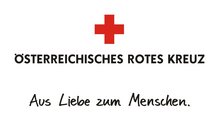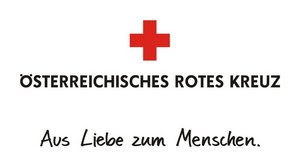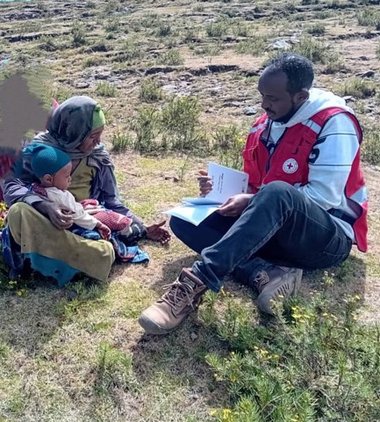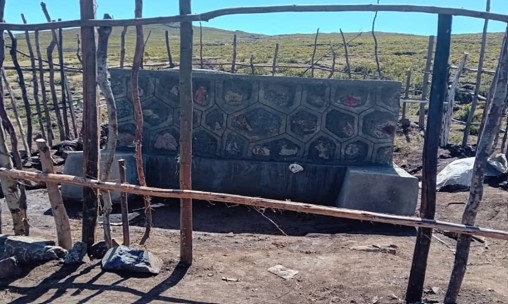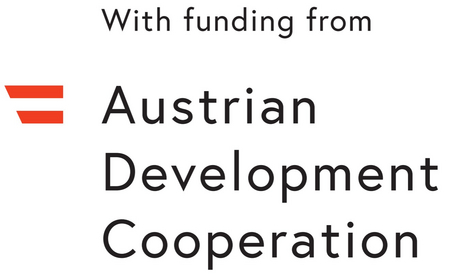In the remote village of Golla Chaka, rolling hills, Abebach Yimer Adem embodies the strength and resilience of a mother. With five children, the youngest being just nine months old, her days are filled with challenges that seem overwhelming. Each day, as the sun breaks over the horizon, Abebach’s daily usual begins not with the morning’s coffee, but with a demanding walk to fetch water towards the river.
Carrying her infant son on her back and a 25-liter jerrican in hand, Abebach embarks on an hour-long walk to fetch water. The river, while a lifeline for her family, is tense with difficulties. Not only is it a long distance from her home, but the water is often contaminated and teeming with insects. Each trip requires not just endurance but vigilance, as she carefully filters the water to make it safe for her family. To meet her household’s daily needs, she must make at least two trips; when it comes time to wash clothes, that number triples, leaving her weary and depressed.
“It's truly embarrassing to carry dirty water after such a long journey,” Abebach tells, wiping her brow. “Every month, my family visits the health post, battling waterborne diseases that plague us. It feels endless.”
Yet, Abebach's life took a transformative turn when the Ethiopian Red Cross Society responded to the community's pressing need for clean water. Thanks to MESELAL project, construction began on a water point near her home, designed to protect the stream and ensure easy access to safe water.
“I can hardly believe it. The construction of the water point feels like a dream,” she says, her eyes brightening with hope. “It’s not just for me; it’s for all mothers and the elderly in our village, even for those living with disabilities. This change will brighten our lives.”
Her husband plays his part in the project too, laboring alongside other community members to dig trenches and assist with watering the cement work. Together, they along with their neighbors are transforming not only their lives but the very fabric of their community. “I can’t find the words to express my gratitude,” Abebach says, her voice thick with emotion. “The moment we had our first community meeting, I felt a wave of hope wash over me. The hard work of the Red Cross will forever linger in our hearts.”
With the new water point just minutes away, Abebach envisions a future free from the burdens of long, exhausting journeys and the constant threat of disease. She dreams of spending more time with her children and even engaging in activities that enrich their lives, rather than being consumed by the daily struggle for water.
For Abebach Yimer Adem, the promise of clean water is more than just a convenience; it is a symbol of potential, growth, and a brighter tomorrow for her family and community. As she looks ahead, the hope kindled by the Ethiopian Red Cross Society fuels her spirit a beacon leading her toward a new chapter of health and happiness.
Note: The akronym MESELAL stands here technically for "Multisector Emergency Support for Lifesaving And Leading to Resilience". However, in Amharic language, "meselal" means "ladder", a symbol and the main idea of this project intended to represent the upliftment of the most vulnerable people who are empowered and whose living conditions are improved.
